8 August 2024
Empowering women for urban climate resilience: Africa must commit to inclusivity

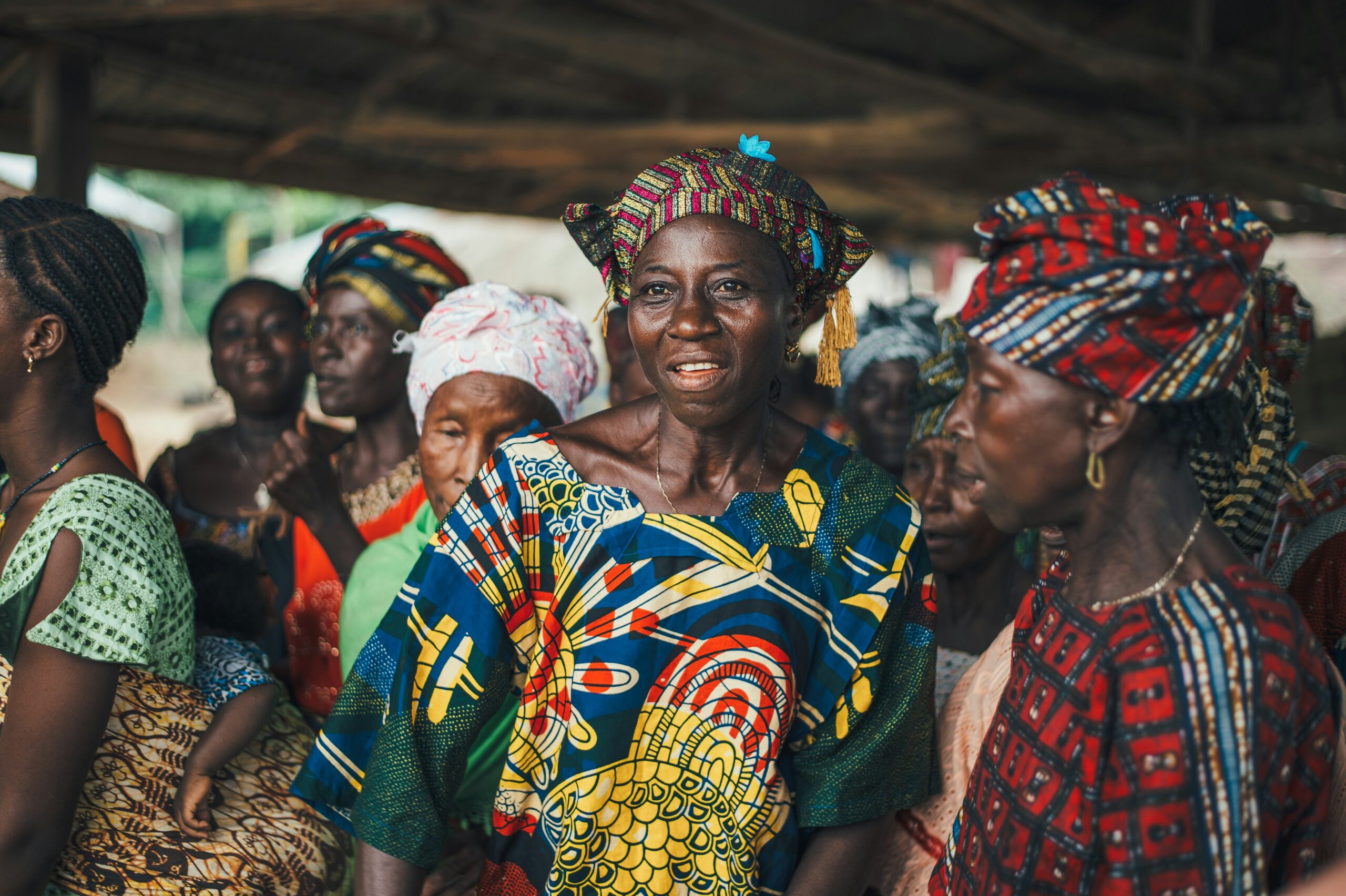

Currently, 55% of the global population resides in urban areas, totalling approximately 4.5 billion people, with women constituting half of this demographic. Despite their significant presence, cities often overlook women’s specific needs in their design and planning, resulting in a lack of inclusivity. Prioritising inclusivity in urban areas extends beyond mere representation for women; it significantly contributes to achieving the UN Sustainable Development Goals (SDGs).
The 2030 Agenda for Sustainable Development, particularly SDG 5, aims to achieve gender equality and empower women and girls. It recognises that gender equality catalyses sustainable development. Women’s knowledge, agency and collective action hold the potential to enhance various aspects of urban life, including resource productivity, efficiency, ecosystem conservation, and sustainable use, thereby contributing to the achievement of the SDGs. Similarly, the African Union’s Agenda 2063 places an emphasis on Gender Equality and Development, with Aspiration 6 calling for “An Africa whose development is people-driven, relying on the potential of African people, especially its women and youth, and caring for children.”
Historically, women have faced challenges in their interactions with urban spaces due to male-oriented models dominating city planning and management. This lack of representation not only widens the awareness gap, but also leads to urban spaces that do not reflect the lived experiences of all demographics. To address these challenges and promote responsive, inclusive and sustainable cities, it’s crucial to incorporate policies and programmes sensitive to gender dynamics. Recognising that women’s urban experiences differ from men’s due to traditions, roles and responsibilities is key to this integration.
In many societies, women bear a disproportionate burden of unpaid caregiving, community building and resource management. These distinct, embedded gender roles, intertwined with cultural traditions, impact women’s interactions with urban environments. Acknowledging and accounting for these differences is essential to effectively address the specific needs of women. Equitable access to essential urban assets not only empowers women economically and socially, but also enhances overall community resilience.
Women’s involvement in water resource management, for example, could ensure more sustainable practices and equitable distribution within communities. Women globally often assume the role of community water managers, selecting water sources, deciding their designated purposes, monitoring quality, and implementing conservation strategies. Thus, fostering gender-responsive policies and programmes is not just an exercise in equality, but a strategic investment in creating sustainable and equitable urban spaces, leading to overall environmental sustainability.
Ensuring women the right to actively participate in planning and shaping their cities is a fundamental aspect of inclusive urban development. Recognising and promoting women’s rights within the city lays a powerful foundation for their active contribution to creating spaces that meet their unique needs, preferences and aspirations. In doing so, we not only empower women but also enhance the urban experience for the entire community.
ICLEI Africa's commitment to inclusivity
ICLEI Africa’s commitment to inclusion is evident in its projects, which prioritise the needs of vulnerable groups, including women, and aligns with the organisation’s approach through its five pathways. This commitment is exemplified by projects like the Urban Natural Assets: Resilience and Restoration for Life (UNA Resilience), the Brokering Innovation for Decentralised Climate Finance and Gender Equality (BRIDGE) and the Designing Inclusive African Coastal City Resilience (INACCT Resilience) projects.
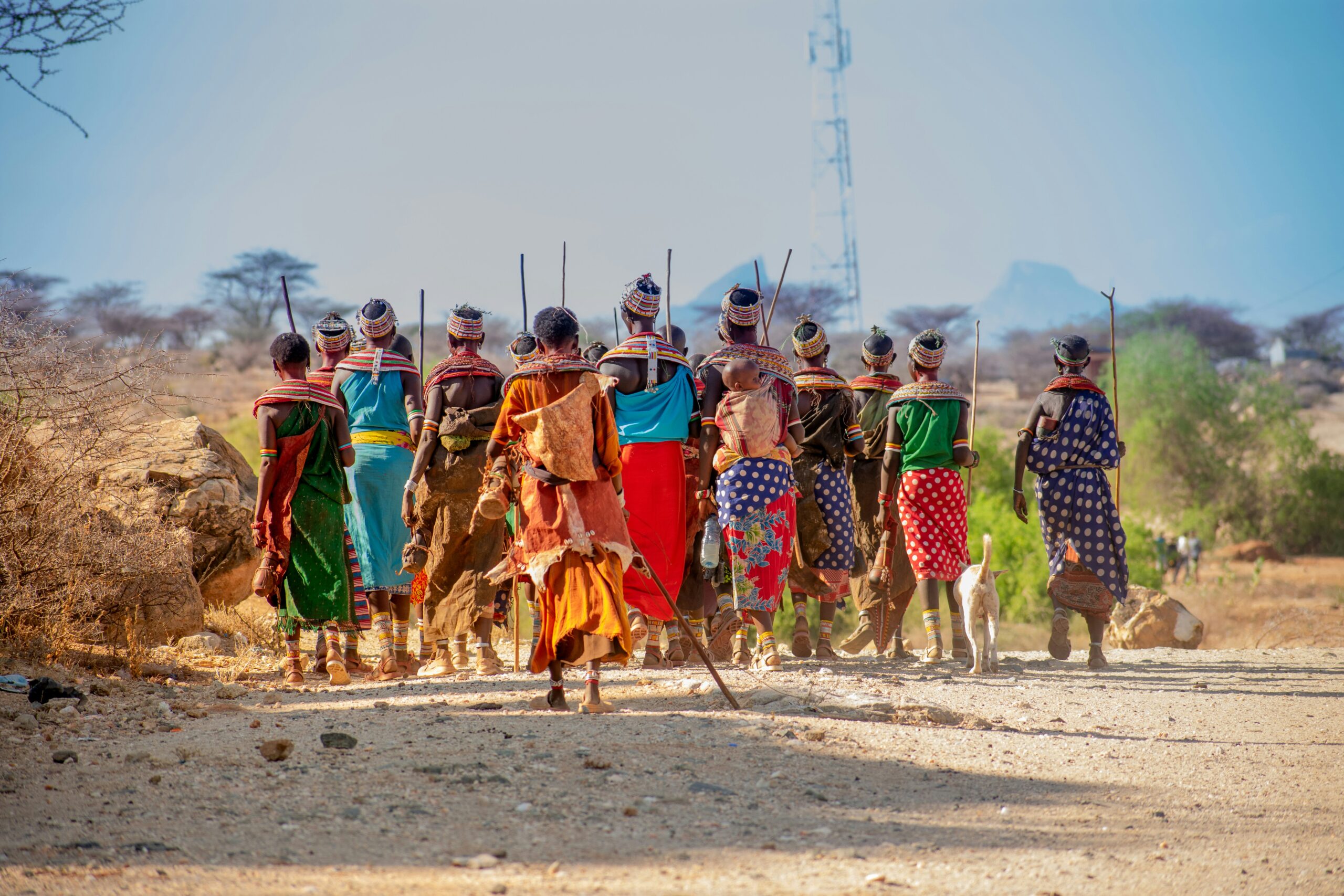
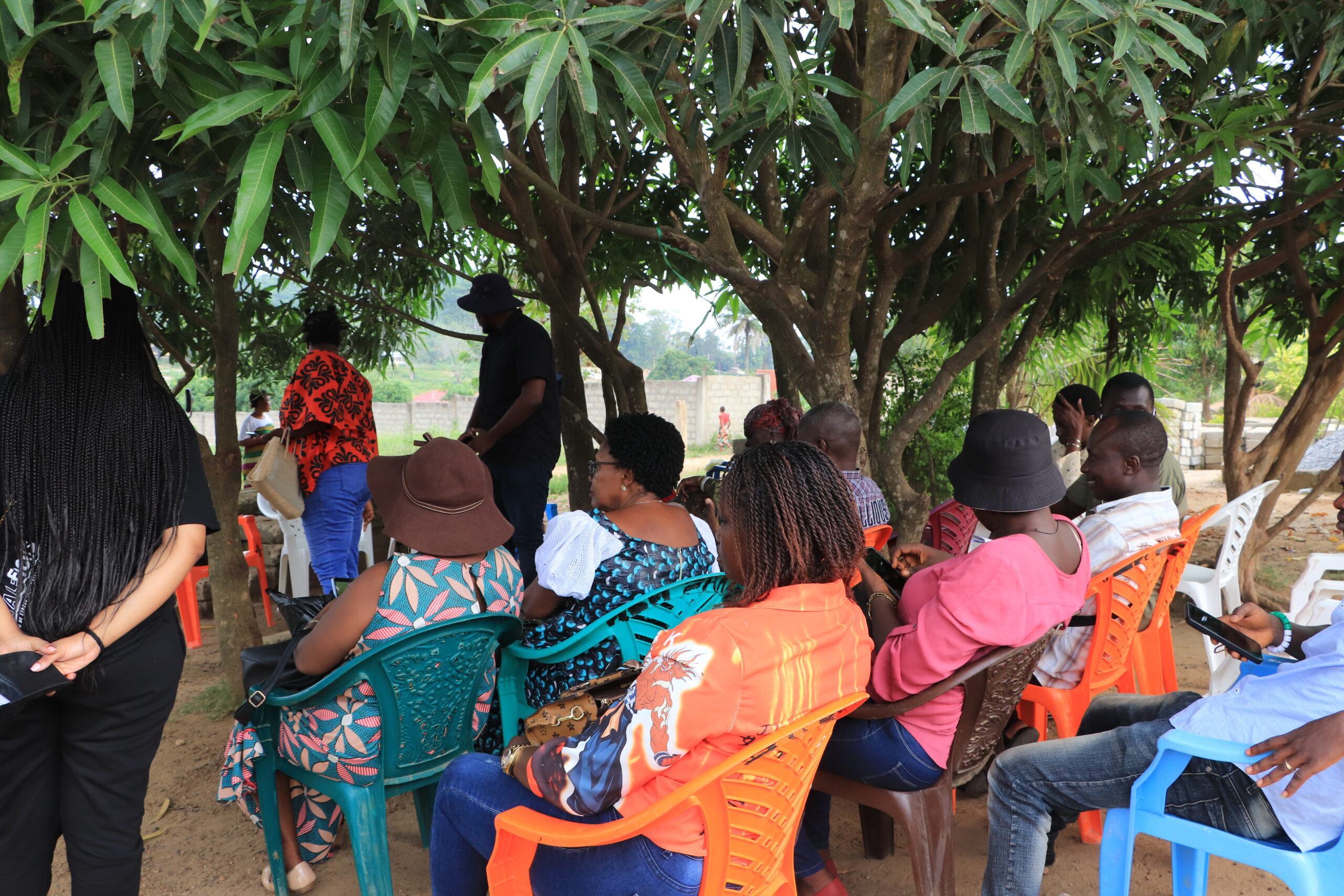
Pictured here, community engagement activity in Bo City, Sierra Leone, featuring a diverse group of participants, including women and traditional leadership through the photo walk participatory approach. The initiative aimed to identify challenges and opportunities affecting natural assets in the area with a focus on creating inclusive learning spaces.
UNA Resilience project: Putting women at the heart of urban climate solutions
The UNA Resilience project focuses on urban natural assets and deliberately centers women to build resilient cities. “Incorporating women’s voices in climate resilience efforts leads to more effective and sustainable solutions. Women’s insights and experiences are invaluable in understanding the full impact of climate events and in designing adaptive strategies,” said Ursula Wellmann, Manager of Biodiversity and Nature at ICLEI Africa.
Under UNA Resilience, inclusive learning spaces have been co-facilitated in Bo City (Sierra Leone) and Cape Coast (Ghana), aiming to deepen the understanding of gendered dimensions in urban natural assets governance and conservation, including resource flows within communities. Both cities are recognised for deeply patriarchal cultural systems where decision-making defaults to men, particularly in matters related to resource management and flow. The UNA Resilience team has achieved a noteworthy milestone by surpassing the 50% mark in gender participation in city resource co-facilitated conversations, with the aim of these conversations being mainstreamed into decision-making processes.
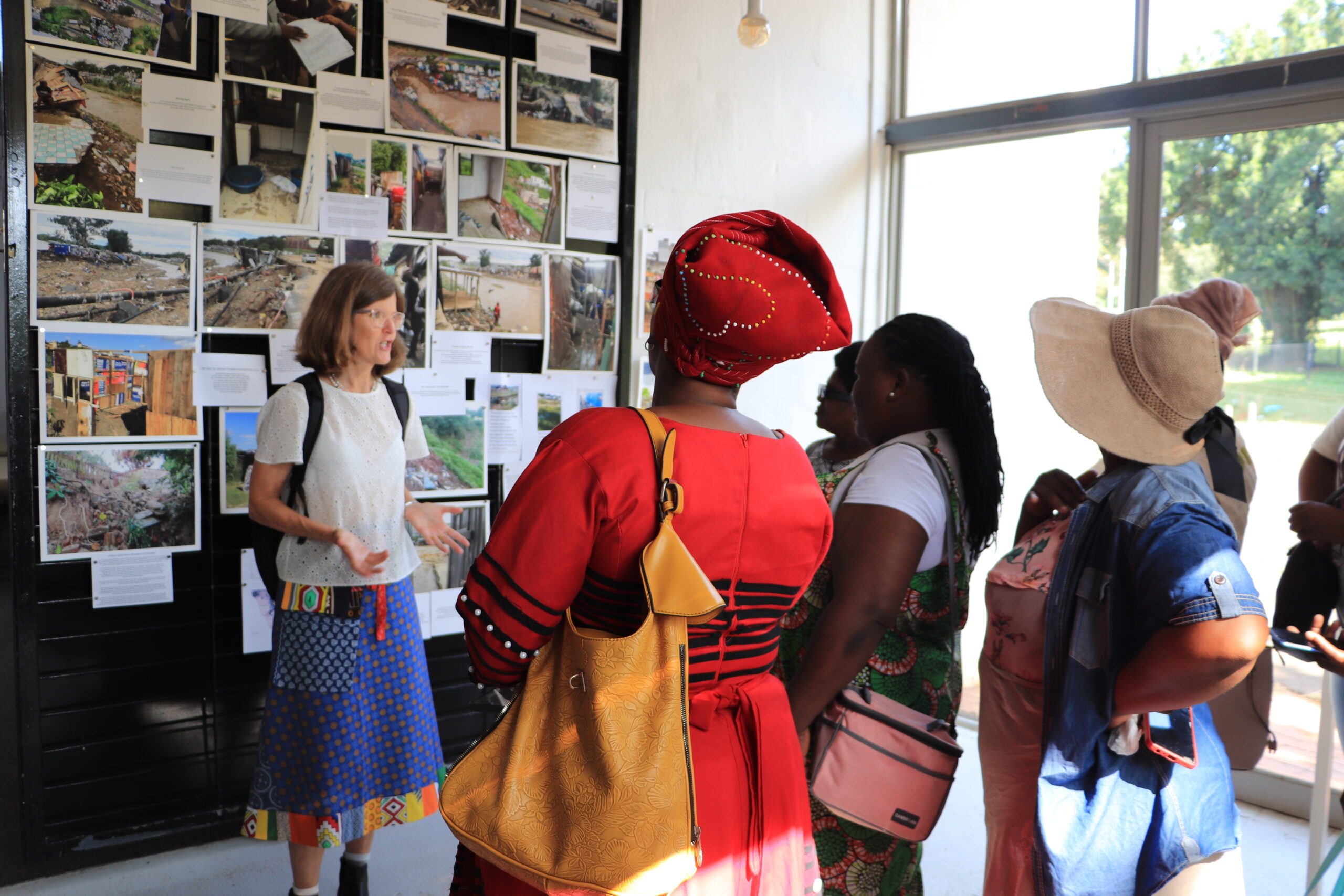
The INACCT Resilience Learning Lab and photo exhibition took place earlier this year in eThekwini. Pictured here, Professor Catherine Sutherland of the University of KwaZulu-Natal working closely with the women from the Quarry Road West community. Together, they can co-create climate resilience solutions that best benefit the people most affected by climate-related events such as floods.
INACCT Resilience project: Empowering women to shape climate-resilient coastal cities
The INACCT Resilience project underscores the importance of integrating women’s voices into resilience planning and management in African coastal cities. This project, focused on eThekwini (Durban) in South Africa and Beira in Mozambique, employs innovative participatory methodologies such as photovoice, Learning Labs, and knowledge-sharing events. These approaches facilitate the co-creation of risk and resilience profiles for informal settlements in Durban and Beira, supporting improved local understanding of during- and post-event community and municipal responses.
A key aspect of the project is developing a scalable Gender-Responsive Coastal Cities Resilience Planning Framework. This framework will highlight lessons and good practices from Beira and eThekwini, providing a valuable resource for other coastal cities facing similar challenges. The continuous learning and adaptation of the project’s findings ensure that the strategies developed remain relevant and effective in the face of evolving climate challenges.
Senior Manager of Climate Change Resilience, Coastal Management, and Disaster Risk Reduction at ICLEI Africa, Dr. Kate Strachan summarises it best: “The strength of our communities lies in our diversity. By embracing the invaluable contributions of women in climate resilience, we build stronger, more adaptive cities capable of withstanding the environmental challenges of tomorrow. Together, we can create a future where every voice is heard, every effort is valued, and every community thrives.”
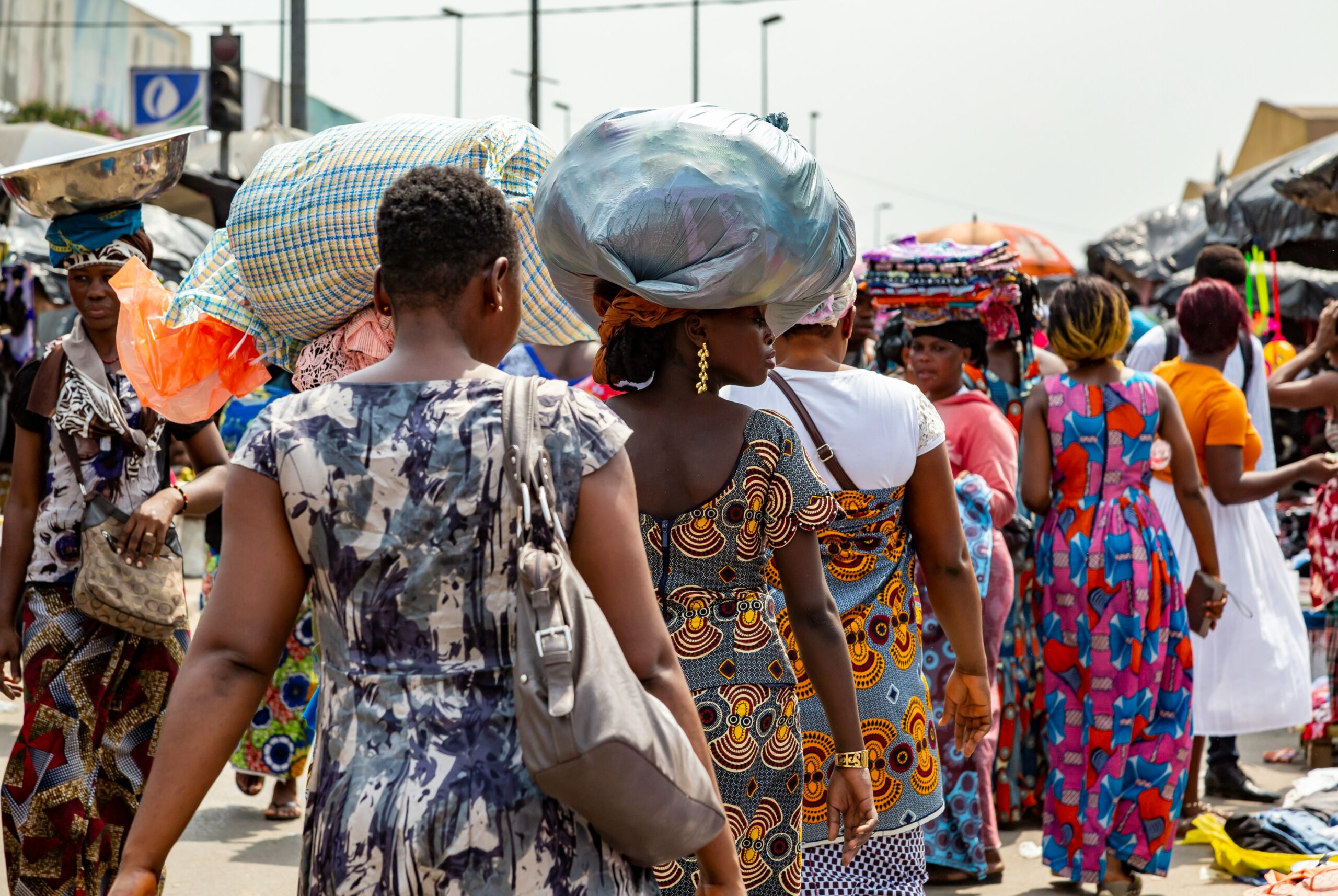
“Women are not just victims of climate change; they are powerful agents of change. Their involvement in resilience planning ensures that the strategies we develop are holistic and inclusive, addressing the needs of all community members,” said Lucy Lavirotte, Senior Specialist in Climate Change, Energy and Resilience.
BRIDGE project: Unlocking gender-inclusive climate adaptation finance in African cities
The BRIDGE project addresses a significant gap in climate adaptation funding, aiming to improve access to appropriate finance for locally-led and gender-inclusive adaptation for subnational governments. This includes strengthening the capacity of knowledge brokers working in Cameroon to enable inclusive planning, project development and financing. BRIDGE thereby emphasises the importance of integrating women into financial strategies and decision-making processes in African cities, particularly in Cameroon.
This approach ensures that climate adaptation solutions are tailored to local communities’ unique contexts and needs. Central to this initiative is the empowerment of women, who are often disproportionately affected by climate change, yet are vital contributors to effective adaptation and resilience-building. By involving women in financial decisions and project implementation, the BRIDGE project aims to help create more inclusive and equitable climate adaptation solutions. This not only strengthens the capacity of local stakeholders to respond to climate challenges but also fosters a more resilient and sustainable future for all.
In the pursuit of truly inclusive and sustainable cities, ensuring equal access for women to urban spaces is crucial. Women’s exclusion from urban planning makes cities more vulnerable. Acknowledging women’s unique perspectives and experiences is not just an ethical necessity but also a strategic move to create resilient, sustainable and thriving urban environments.
ICLEI Africa’s projects, such as UNA Resilience, BRIDGE and INACCT Resilience, highlight the importance of including women’s voices in resilience planning and management. By promoting gender equality and fostering inclusive urban development, these projects contribute significantly to building resilient cities that benefit all community members. Investing in women is a catalyst for accelerating progress and shaping a more equitable and sustainable urban environment.


